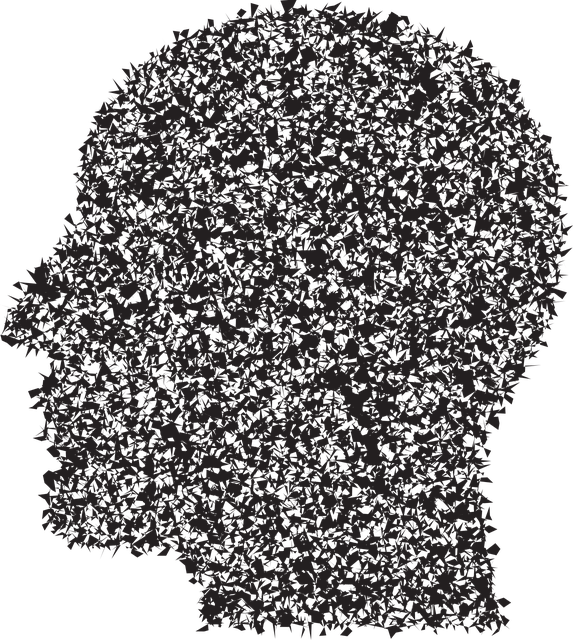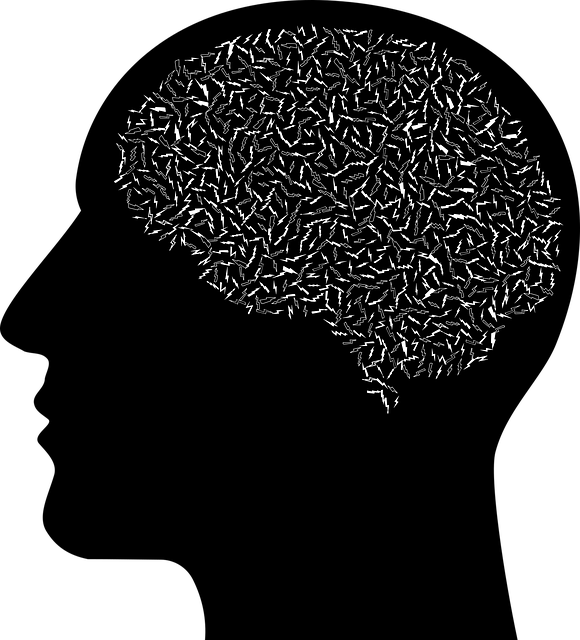Mental wellness coaching programs in Arvada are effective tools for treating Oppositional Defiance Disorder (ODD) by empowering youth with coping strategies, building resilience, and improving overall well-being. These tailored interventions combine therapeutic techniques, personal guidance, and cultural competency training to create safe spaces for self-awareness and positive behavior change. By addressing individual contexts, including family influences, these programs lead to better impulse control, emotional regulation, and improved relationships, reducing ODD symptoms and enhancing mental health outcomes. Effective strategies include cognitive-behavioral therapy, mindfulness practices, goal setting, and structured self-care routines, as demonstrated through case studies of Arvada Oppositional Defiance Disorder Therapy.
Mental wellness coaching programs have emerged as powerful tools, especially for adolescents grappling with challenges like Oppositional Defiance Disorder (ODD). This article delves into the development of tailored coaching initiatives in Arvada, addressing the unique needs of its youth. We explore the transformative impact of mental wellness coaching, focusing on ODD therapy. Through a holistic framework and case studies, we uncover effective strategies for success. By understanding the local context in Arvada, these programs cater to specific adolescent populations, offering hope and improved mental health outcomes for a better future.
- Understanding Mental Wellness Coaching and Its Impact on Youth
- Identifying the Need for Customized Programs in Arvada
- Components of Effective Oppositional Defiance Disorder (ODD) Therapy
- Designing a Holistic Coaching Framework for Adolescents
- Implementing and Evaluating Success: A Case Study Approach
Understanding Mental Wellness Coaching and Its Impact on Youth

Mental wellness coaching programs are gaining traction as effective interventions for youth struggling with various challenges, including Oppositional Defiance Disorder (ODD). This approach focuses on empowering individuals to develop essential coping strategies and enhance their overall well-being. By combining therapeutic techniques with personalized guidance, coaches create a supportive environment that encourages self-awareness and resilience.
For young people dealing with ODD, mental wellness coaching can be transformative. It helps them navigate emotional regulation challenges, improve social skills, and build healthier relationships. Through tailored sessions, coaches guide youth in identifying triggers, managing anger, and adopting positive behaviors. This proactive approach not only assists in managing symptoms but also fosters self-confidence and promotes better interactions within their communities, including schools and families. Additionally, cultural competency training for healthcare providers ensures that these coaching programs are inclusive and sensitive to diverse backgrounds, making them accessible and effective for all youth in need.
Identifying the Need for Customized Programs in Arvada

In Arvada, like many communities, there’s a growing recognition of the importance of mental health awareness and support for diverse populations. One area that demands tailored attention is the development of effective programs for individuals struggling with Oppositional Defiance Disorder (ODD). ODD is a common challenge faced by youth, often leading to problems at school and home if left unaddressed. Customized coaching programs are crucial in Arvada to cater to the unique needs of these young people, focusing on behavior modification techniques that can transform their lives.
The success of such initiatives lies in understanding the individual’s context, including cultural influences and family dynamics. A well-designed Community Outreach Program Implementation can bridge this gap by educating both families and at-risk youth about mental health issues. By integrating these educational programs with personalized coaching, Arvada can foster a supportive environment that encourages open dialogue and empowers individuals to take control of their mental wellness.
Components of Effective Oppositional Defiance Disorder (ODD) Therapy

Effective Arvada Oppositional Defiance Disorder (ODD) Therapy involves a multi-faceted approach that targets specific behavioral and emotional aspects. The primary components include cognitive-behavioral techniques to challenge negative thought patterns and teach problem-solving skills, along with family therapy to improve communication and parental consistency. Trauma support services play a crucial role in addressing underlying causes often associated with ODD.
Additionally, depression prevention strategies and stress reduction methods are integrated into the treatment plan to help individuals develop healthy coping mechanisms. The goal is to foster better impulse control, enhance emotional regulation, and promote positive interactions both at home and in social settings.
Designing a Holistic Coaching Framework for Adolescents

In designing a holistic coaching framework for adolescents, especially those dealing with issues like Arvada Oppositional Defiance Disorder (ODD), therapists must consider a multi-faceted approach that addresses both external behaviors and internal processes. This involves integrating various techniques from cognitive-behavioral therapy, mindfulness practices, and self-awareness exercises to foster positive mental wellness. By incorporating stress management strategies into the coaching program, adolescents can learn to regulate their emotions effectively, enhancing their ability to navigate challenging situations with resilience.
The framework should also prioritize the development of inner strength through encouragement of personal growth and goal setting. Self-Awareness Exercises play a crucial role in helping young individuals understand their triggers and develop coping mechanisms tailored to their unique needs. This holistic approach ensures that adolescents not only manage their symptoms but also cultivate lasting mental wellness, empowering them to lead fulfilling lives despite external challenges.
Implementing and Evaluating Success: A Case Study Approach

Implementing and evaluating success in mental wellness coaching programs is a multifaceted process that greatly benefits from a case study approach. By examining real-life examples and outcomes, practitioners can gain valuable insights into what works best for different individuals and circumstances. This method allows for a tailored, data-driven approach to mental health support. For instance, a case study on Arvada Oppositional Defiance Disorder (ODD) Therapy reveals that combining cognitive behavioral therapy with structured self-care routine development significantly improved clients’ mood management skills and overall mental wellness.
The case study method also facilitates the identification of potential challenges and their successful resolutions, providing a roadmap for program improvements. For example, Mental Health Education Programs Design can be enhanced by learning from successful implementations, focusing on engaging content delivery methods that cater to diverse learning styles. This ensures that programs not only reach but also resonate with a broader audience, fostering better self-care routine development for better mental health outcomes.
Mental wellness coaching programs tailored to meet the unique needs of adolescents, particularly those struggling with Oppositional Defiance Disorder (ODD) in Arvada, can significantly enhance their overall well-being. By combining evidence-based therapies with a holistic approach, these programs offer a promising path to success. The case studies presented demonstrate the effectiveness of customized coaching frameworks, leading to improved behavior and increased resilience among participants. As we navigate the digital age, such initiatives ensure that youth in Arvada receive the support they need to thrive and overcome challenges associated with ODD.













